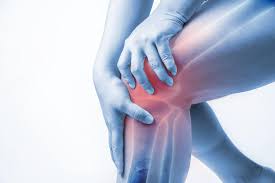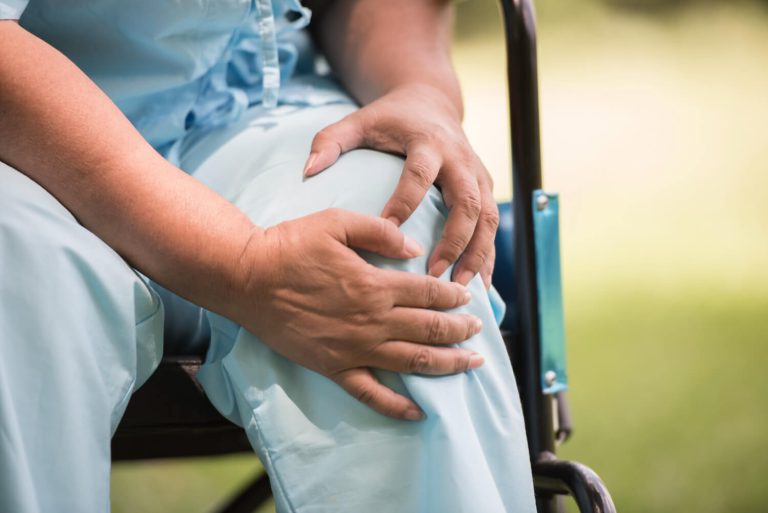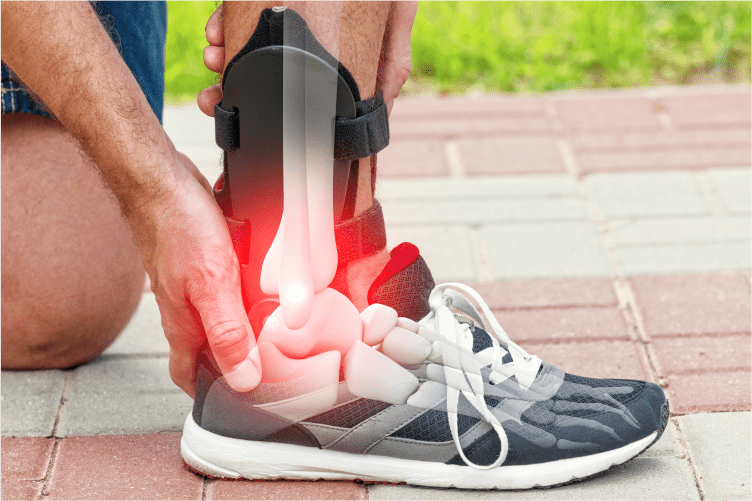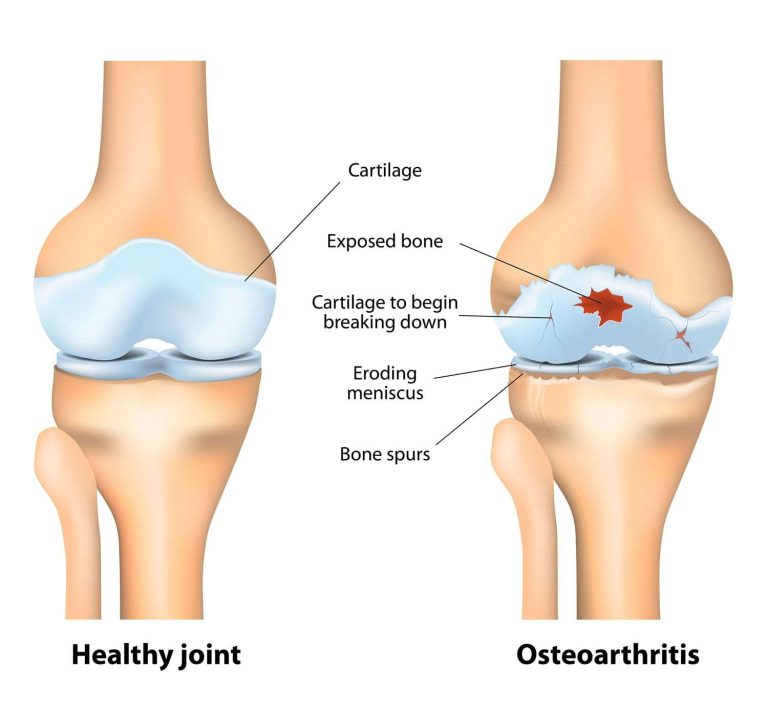Gone are the days when knee pain was something only older people worried about. Nowadays, more and more young adults are dealing with knee discomfort-whether it’s a dull ache while sitting, sharp pain while walking, or stiffness after a workout. But the real problem? Most of us don’t know why our knee hurts or whether it’s something serious.
In this blog, we’ll help you uncover the real reasons behind knee pain and why it shouldn’t be ignored. Whether you’re someone who stands all day at work or jogs in the mornings, you’re still not immune to knee pain.
As we go further you’ll see the top 6 knee pain causes, learn about risk factors, dive into different types of arthritis, and even give you simple prevention tips. And if you’re looking for expert guidance, then DR. G.K BONE AND JOINT CENTRE-best orthopaedic doctor in Banshankari, Bangalore, is the right place for you.
UNDERSTANDING WHY YOUR KNEE HURTS-
The knee is one of the most hard-working joints in the body. It supports your weight, absorbs shock, and allows for movement. So, when something goes wrong, the effects are quick to show. Knee pain reasons can range from minor sprains to more chronic conditions like arthritis or ligament injuries. Understanding what’s happening inside your knee is the first step toward healing.
RISK FACTORS YOU SHOULD KNOW-
Before diving into treatment or prevention, it’s important to understand why you’re more likely to get knee pain in the first place. Let’s break them down-
1. Age-
As you grow older, the cartilage in your knees which’s the soft tissue that cushions the joint, naturally wears down. This makes the knees more vulnerable to common knee problems like osteoarthritis or stiffness.
2. Excess Body Weight-
Carrying extra weight adds pressure to your knee joints especially when walking, climbing stairs, or standing for long periods.
3. Previous Injuries-
If you’ve ever had a ligament tear, dislocation, or fracture, you’re more prone to future knee problems.
4. Lack of Physical Activity-
People who are mostly inactive often have weak muscles around the knee, which affects joint support.
6 KNEE PAIN CAUSES YOU SHOULDN’T IGNORE-
1. Ligament Injuries (ACL, MCL Tears)-
A sudden twist or awkward landing while playing sports can damage the knee ligaments. You may hear a “pop,” feel your knee give out, or experience swelling and pain. ACL (Anterior Cruciate Ligament) and MCL (Medial Collateral Ligament) injuries are common in athletes but can also happen during simple daily activities.
2. Meniscus Tear-
This is one of the common knee problems and occurs when the cartilage cushioning your knee gets torn due to forceful rotation. It’s common in sports but can also happen when squatting or lifting something heavy. Symptoms include stiffness, swelling, and difficulty straightening the leg.
3. Patellofemoral Pain Syndrome (Runner’s Knee)-
Ever felt pain around or behind your kneecap? This could be runner’s knee. It often happens due to misalignment, overuse, or weak thigh muscles. It’s common in teenagers, runners, and people who sit for long periods.
4. Tendinitis-
Inflammation of the tendons around the knee, especially the patellar tendon can cause pain during activity. This is typically an overuse injury and is seen in people who jump or run often.
5. Bursitis-
The bursae are small fluid-filled sacs that reduce friction in the joints. When these get inflamed (due to repetitive motion or pressure), it causes pain, warmth, and swelling. You might experience pain when kneeling or climbing stairs.
6. Arthritis-
Arthritis is one of the most chronic knee pain causes, especially among adults over 50. But even young people can develop early signs. There are different types, and we’ll touch on them next.
TYPES OF ARTHRITIS THAT AFFECT THE KNEE-
1. Osteoarthritis-Age-related wear and tear. Causes stiffness and grinding pain.
2. Rheumatoid Arthritis– An autoimmune condition. Affects both knees and causes swelling.
3. Post-Traumatic Arthritis-Develops after an injury. May appear years after trauma.
4. Gout-Caused by uric acid crystal buildup. Leads to sudden intense knee pain.
HOW TO PREVENT KNEE PAIN?
| Preventive Tip | Why it Helps? |
| Maintain Healthy Weight | Reduces pressure on knee joint |
| Stretch before exercise | Loosens muscles and prevents strain |
| Strengthen leg muscles | Supports and stabilizes the knee |
| Avoid overuse | Prevents repetitive stress injuries |
| Wear proper footwear | Maintains alignment and support |
| Use knee protection | Helps during sports or heavy lifting |
| Stay active, not idle | Keeps the joints mobile and strong |
FAQs-
Q1: When should I see a doctor for knee pain?
-If the pain is persistent, swelling doesn’t reduce, or you hear popping sounds, it’s best to consult a specialist.
Q2: Can young people get arthritis?
-Yes, arthritis isn’t age-specific. Rheumatoid and post-traumatic arthritis can affect young adults too.
Q3: Does knee pain always require surgery?
-Not necessarily. Many knee pain issues are resolved with physical therapy, rest, or medication.
Q4: Is walking good or bad for knee pain?
-Gentle walking is usually beneficial, but avoid high-impact activities if you’re already in pain.
CONCLUSION-
Knee pain can be annoying, persistent, and even debilitating if left untreated. From sports injuries to arthritis, the knee pain causes we discussed are more common than you think. Understanding your symptoms and taking action early is key.
If you’re looking for expert diagnosis and personalized care, DR. G.K BONE AND JOINT CENTRE-best orthopaedic doctor in Banshankari, Bangalore, is the right place to be. With our state-of-the-art facilities and treatments for joint knee surgery, trauma care, sports injury, spine care, rehabilitation and many more.




